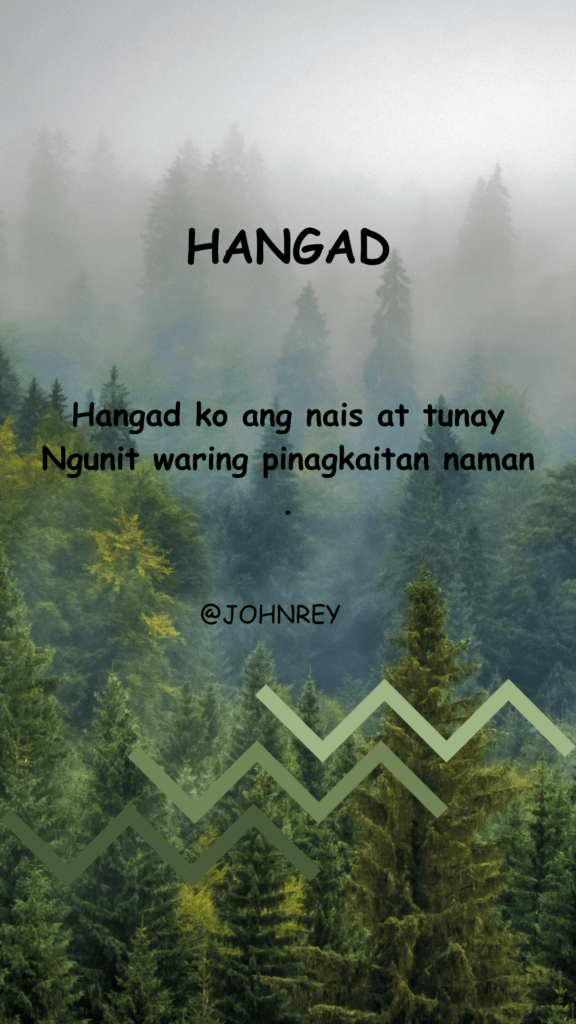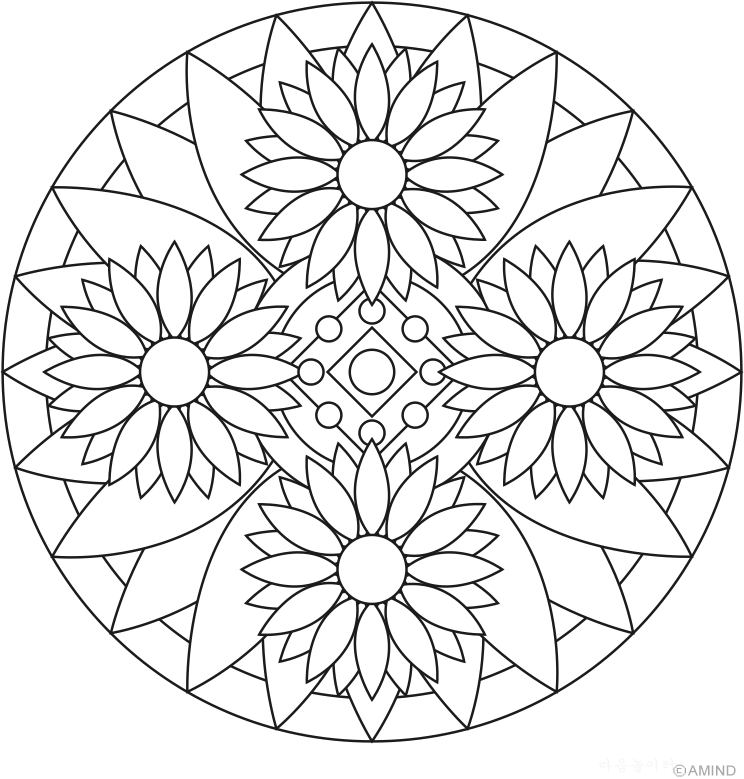Hooman Majd. The Ayatollah Begs to Differ. Doubleday, New York 2008, 271 pages.
Pointing every now and then at THE DIFFERENCE in our cultures and civilizations is a necessity. Realizing the differences is a first and necessary step in trying to understand. Hooman Majd, an Iranian-American, who has lived for most of his life in the US, makes another attempt to explain us Westerners the Iranian soul. He has been engaged in very diverse fields including the movie and rock music business, and serving as an advisor and translator for the two Iranian presidents, Mohammad Khatami and Mahmoud Ahmadinejad. His new book The Ayatollah Begs to Differ which, according to its subtitle, wants to tell about the paradox of modern Iran is regarded a rare and most welcome insider’s report which might explain the still asked question of surprised Americans: “Why do they hate us?” (over 34 million hits in Google, Feb. 27, 2009); and, at the same time, adore Western lifestyle, one might add.
It is a lot about the Iranian custom of ta’arouf. For those who don’t know, this is a form of exaggerated politeness, almost self-humiliation, a sort of white lies in order to get things done in the way one wants them to proceed. Even the book’s title is ta’arouf, playing down the malicious clerical system in Iran. For foreigners, ta’arouf may be a minefield with a high potential of getting completely confused. One of Majd’s central theses is that President Ahmadinejad’s more bizarre public performances in the West might in fact have been ta’arouf. Impossible to comprehend and therefore considered more or less insane. But can or should we forgive him for his frank threats and remarks on Israel, Jews, the Holocaust, not mentioning his scandalous conference about the latter? Or his letters to G. W. Bush, A. Merkel, to whoever? Because of the Iranian custom of ta’arouf (“Don’t get me wrong, but …”)? Certainly not! That this country with its very long history is now ruled by authorities with an incredibly irresponsible and absolutely unacceptable rhetoric [1]. should be a shame for any Iranian. Belittling these constant embarrassments, even threats, as cultural peculiarity (ta’arouf) is one of the more negative aspects of Majd’s book.
Majd has or had more or less immediate access to the complicated central administration in Tehran; to both clerics (a grandson of an eminent Ayatollah himself) and politicians. But even he describes (as a writer or sort of journalist) the ever-present, culture-immanent, enormous obstacles with fruitless discussions and endless ta’aroufs of getting some useful information. Anybody visiting the country may have experienced that as well [2].
Another extensively outlined concept is that of haqq, Iranians’ preoccupation with what is considered their natural rights. I cannot follow exactly Majd’s claims that haqq is not pure nationalism [3]. In times when the Iranian nuclear program (for peaceful electricity generating fuel production it seems to be too limited, for producing a nuclear bomb its breakout capability might have been reached already) is becoming again more than obscure, an offered explanation such as haqq, i.e., Iran’s rights, might again be trivializing rather than enlightening.
Majd tells us again some fairy tales about Jamkaran near Qom where the Mahdi had allegedly appeared in 984 CE, and about President Ahmadinejad’s great sympathy for the 12th Imam. Jamkaran, which is visited by crowds of tens of thousands every Tuesday night (the Mahdi’s return is expected on a Tuesday) when the faithful are throwing letters to the Mahdi into two wells, one for men and one for women [4]. Majd is not afraid to hawk that he “was told by one person present at his inauguration that Ahmadinejad told several people there that he was only temporary president, and that the Messiah would relieve him of the burdensome responsibility in a ‘few’ years, at most.” In fact, most of this is known for some time. But Majd retains an inappropriate, ironic tone when describing, for instance, Ashura ceremonies of the masses [5], opium smoking in Qom (shir’e) not to mention joints and Johnny Walker at the more fancy parties of upper class bohemians in Northern Tehran; even indiscreet, albeit serious, official questions by an unmarried female nurse about when having had sex the last time when actually planning donating blood on the occasion of Ashura [6]. But, much worse is Majd’s almost mocking when referring to increasing numbers of scandalous public hangings of delinquents at cranes since 2007 [7].
The lack of critical distance here and in his closeness to the former president of the country, Hojjatoleslam Mohammad Khatami [8], is obvious, and I am afraid that Majd, both an insider and outsider here, is perfectly taking advantage of an inhumane system which is not really criticized in the book in its monstrous perversion of religion.
Notes
[1] For instance, the chairman if Iran’s Guardian Council, Ayatollah Ahmad Jannati, hand-picked by the Supreme Leader Ayatollah Ali Khamenei, has called for ‘shooting’ Israel’s Foreign Minister Tzipi Livni in his Friday prayers last week. “Every time the picture of this woman is shown, I really wish that somebody would expend a bullet on her,” he dared to say according to Associated Press, conveying an unmistakably message to his Islamic Revolutionary Guards, the Pasdaran. Ta’arouf?
[2] Interesting to note that, in order to get access to the inner circle, growing a beard (he has listed mentioning his beard on 8 pages even in the Index of his book), or showing carelessness in having a working class dress or outfit, had been helpful for Majd. At least he was disguising that he was living in the West, in the United States even.
[3] True, Iranians have, in their millennia-old, at times glorious, history suffered a lot from invasions, manslaughter, wars and revolutions. The ever-made, even by young people, remarks that they are Aryans such as the Germans , constantly embarrasses the visitor, though, who knows that nationalism in its extreme form, namely racism, has caused the holocaust of 6 million Jews and others.
[4] I had visited Jamkaran, actually on a Tuesday, in 2006 before traveling further to Shiraz. The site had already at that time attracted considerable attention in western media when it became known that President Ahmadinejad would support the complex with huge amounts of money. It might in fact differ from other holy sites (tombs or mausoleums) in Iran as it relates to a specific belief in Shi’a Islam, the return of the Messiah at the end of times (who is, according to Twelver Shi’a, the hidden 12th Imam Muhammad al-Mahdi). It may render, according to some western appraisals, the whole branch as irrational. Many of my rather religious friends and colleagues in Iran have admitted that they had never visited the site.
[5] One would in fact rather like to know whether these rites and ceremonies on the occasion of Tasua and Ashura experience a revival under the present Islamic regime with its hardliner president, or whether they have in fact been conducted for centuries. It would also be informative to read whether the Pahlavis had effectively banned Ashura ceremonies. I have been impressed by the diligent preparations of Ashura processions and the enthusiasm of especially young people when recently visiting Iran on the first days of Muharram. I have also noticed that public gatherings and husseiniyyas were largely organized by hardliners, with Basij and chador-wearing women outnumbering other participants by far.
[6] The most explosive power which finally might bring this regime to an end is hopelessness of the youth. Those who have been born after the Islamic Revolution (in fact, the majority of the population) do not see any opportunities any more of getting married. Unemployment is extremely high among young people and marriage became unaffordable in recent years. When visiting Iran last month, I was told by several youngsters that young people have to find ways of having ‘illicit sex’, a ‘crime’ which has relentlessly been prosecuted in the Islamic Republic, I have thought at least.
[7] Iran is, sad to say, second on the list of execution frequencies, only after China, which has 18 times more people and other problems. Majd is certainly wrong when mentioning that the slow strangulation of the convicts in Iran is due to the hangmen’s incompetence in facing “mathematical challenges” in order to quickly break the neck of the delinquent. He is annoyingly wrong when mentioning that Shari’a “deems that death must come to the condemned quickly and painlessly.” He frivolously even compares executions with “halal regulations [mandating] the same for animals destined for the dinner table.” In fact, suffering is expected and desired by the crowd. A typical example is, of course, lapidation (stoning to death) for ‘crimes’ such as adultery which, by intention, should exert as much as pain as possible before the person dies. Besides the sheer number of executions, the way victims are executed, in particular in Iran or Saudi Arabia is an endless scandal.
[8] The former ‘reformer’ Mohammad Khatami (Majd calls him ‘President’ even when describing his private New York visit in 2006 when he accompanied him), who is supposed to run in June for presidency again, is not the ‘redeemer’ as some of the western media want to stylize him right now. Apart from largely failing to pursue more liberty in the country, a promise he had made in the 1997 campaign and which had granted him a landslide victory, under his presidency (1997-2005) Iran had, according to US American intelligence, a military nuclear program ‘with high confidence’. That the country had been put on the infamous ‘axis of evil’ together with North Korea and Iraq by President G. W. Bush in his State of the Union address on January 29, 2002 was a direct consequence of the Israeli navy interception of the Karine-A in the Red Sea earlier that month, exposing Iran’s illicit support of Palestine via Lebanese Hisbollah. That the president is in fact ultimately powerless and all final decisions are made by the Supreme Leader, or Rahbar-e Enqelab, Ayatollah Ali Khamenei is one of Majd’s numerous omissions when describing the paradox of modern Iran.
See also on this blog
From Aradan. How the current president of the Islamic Republic of Iran came into power.









